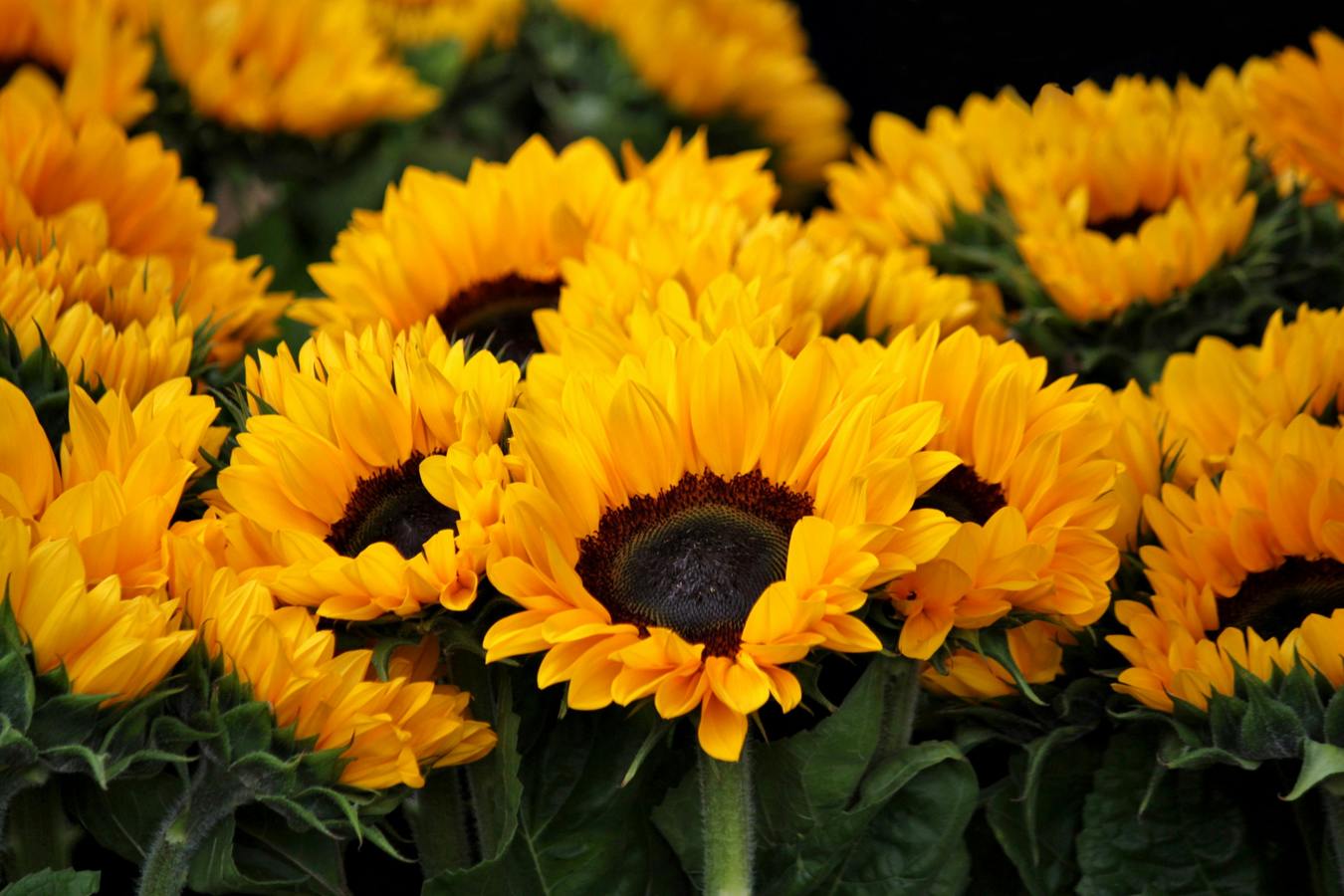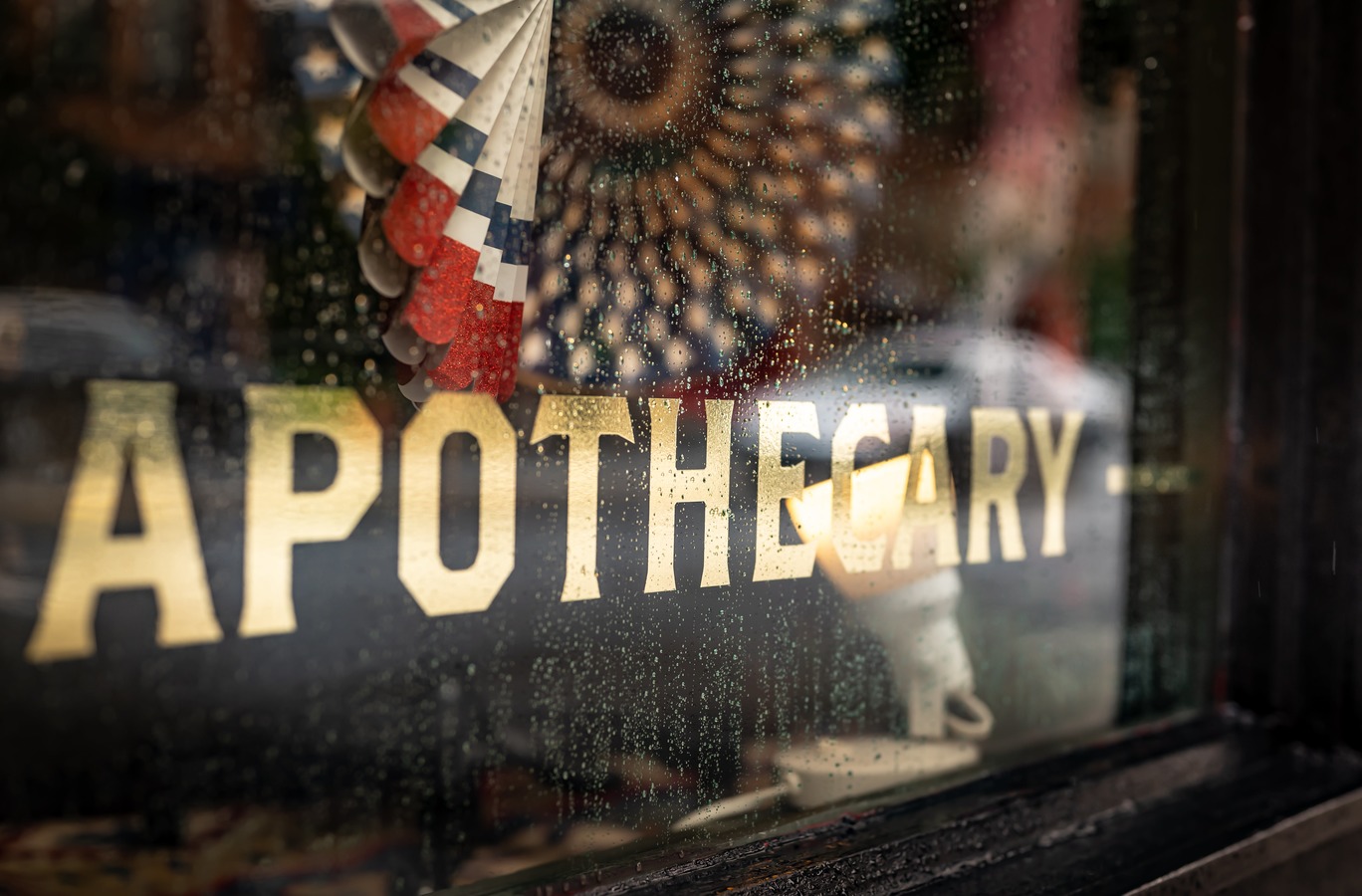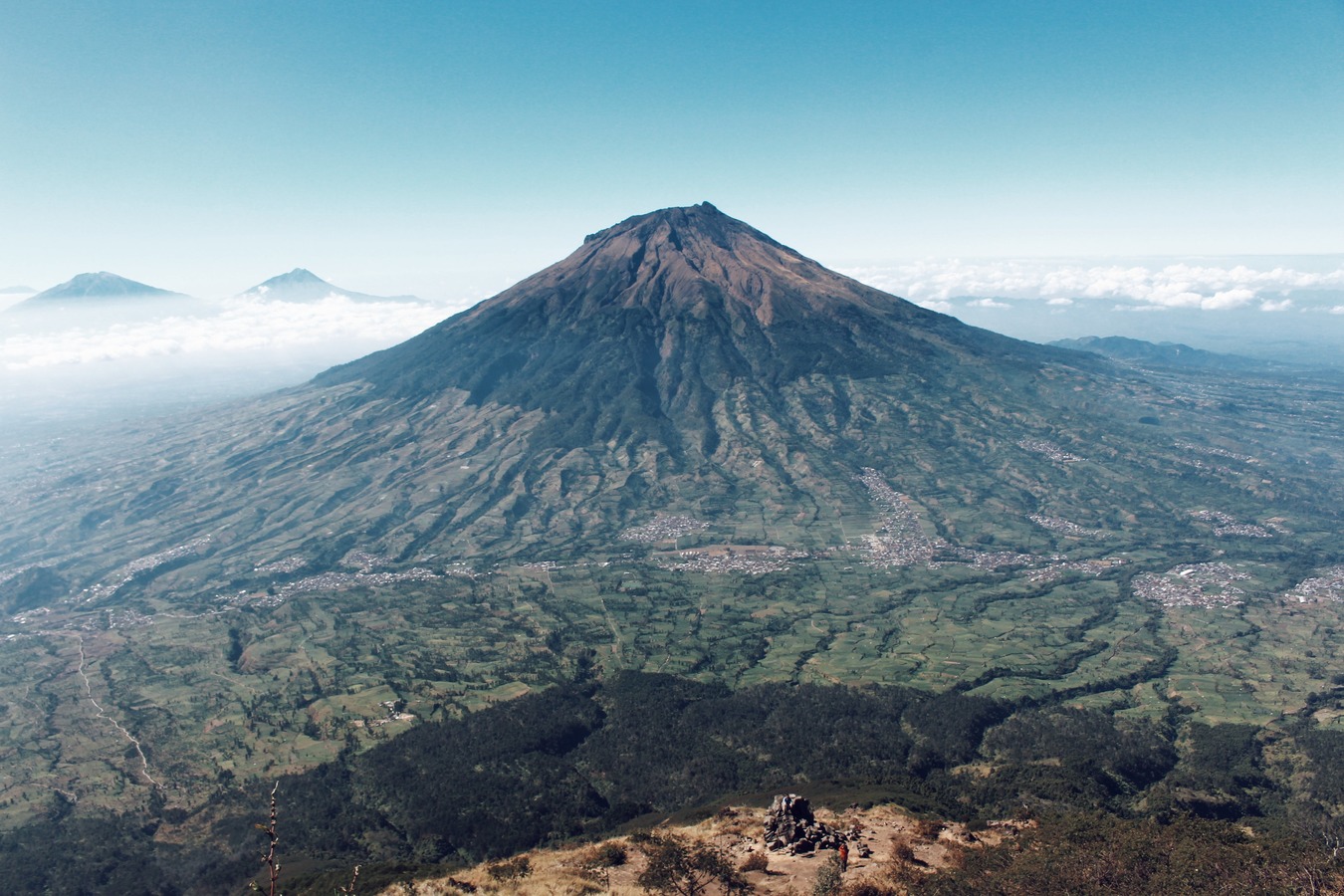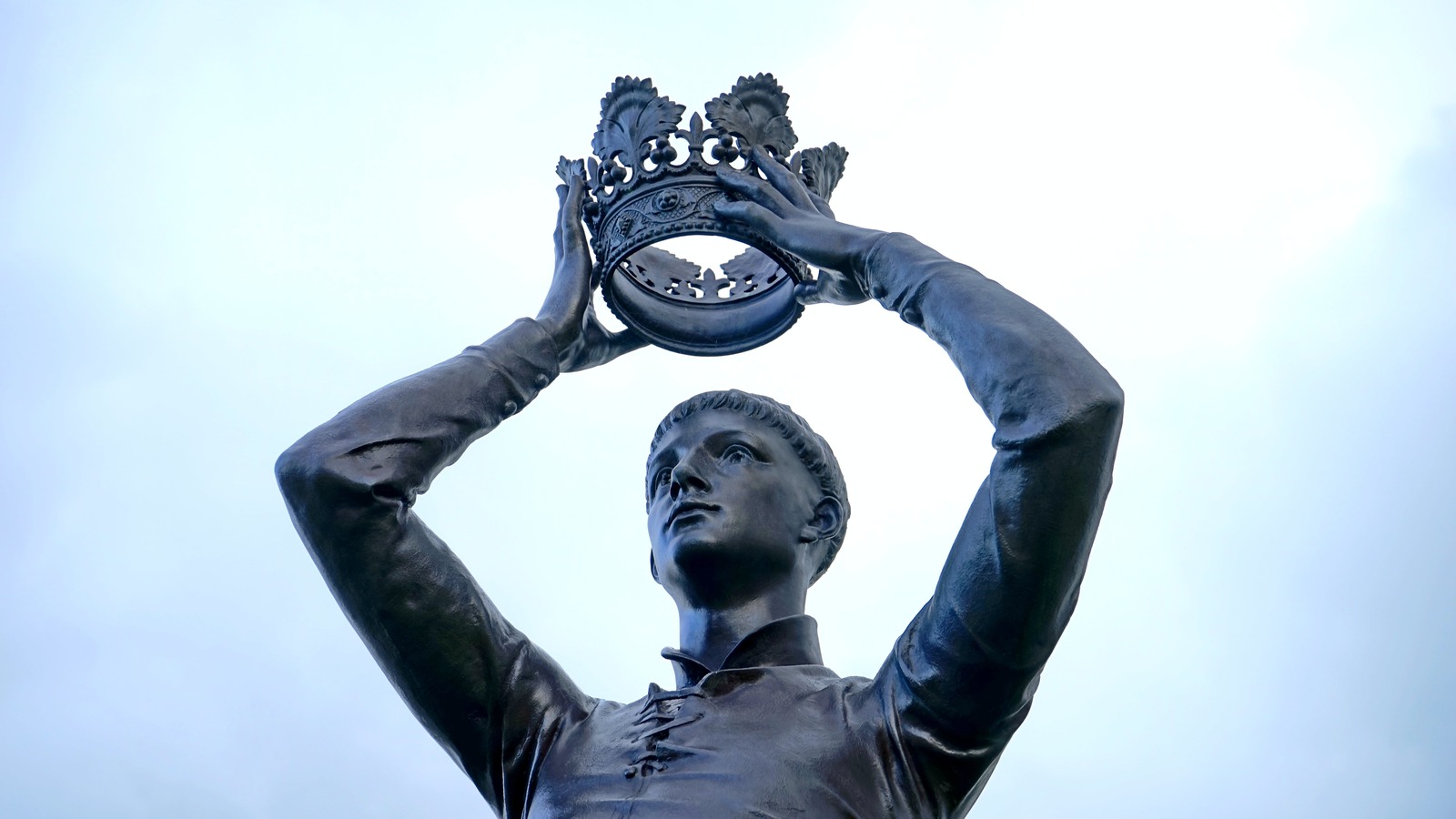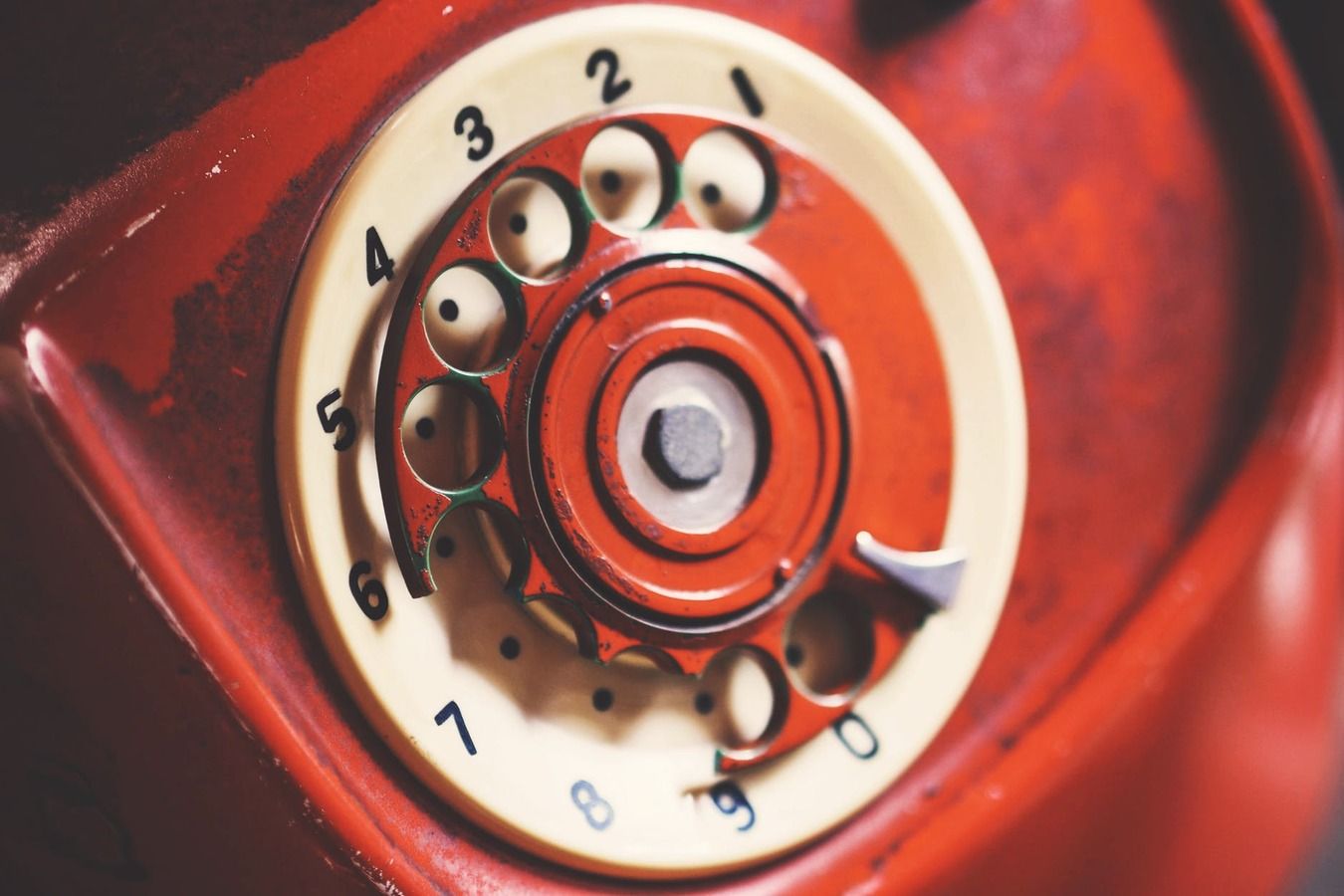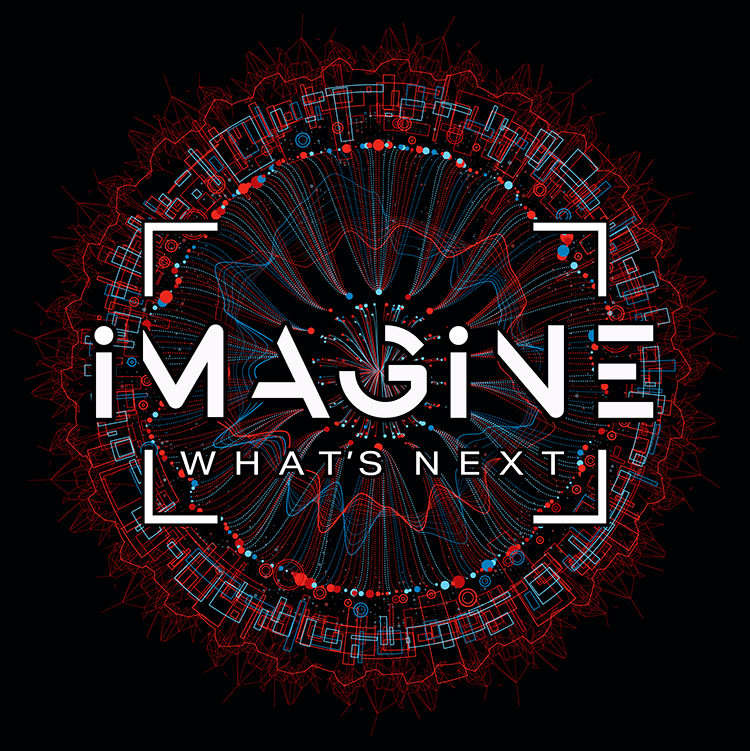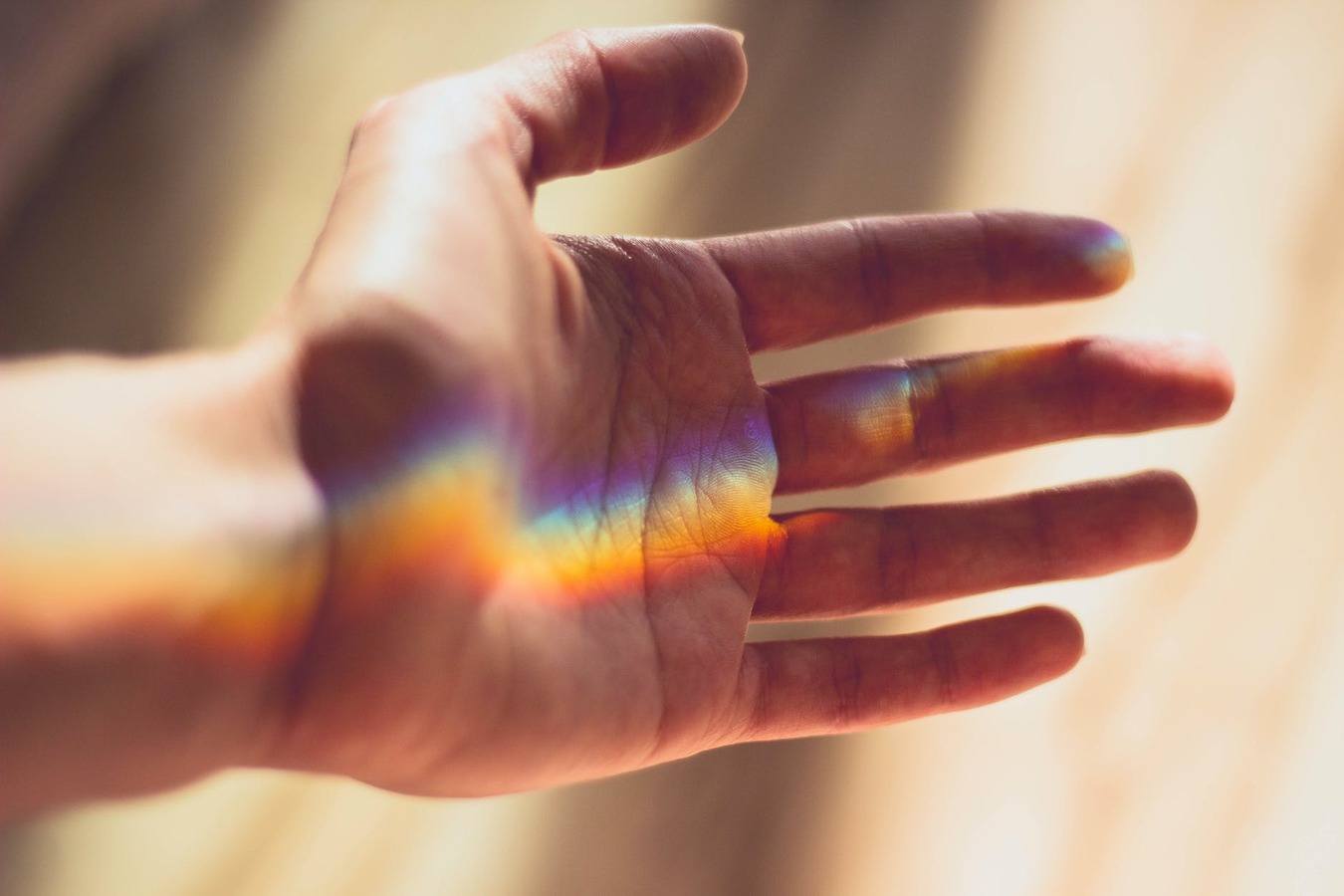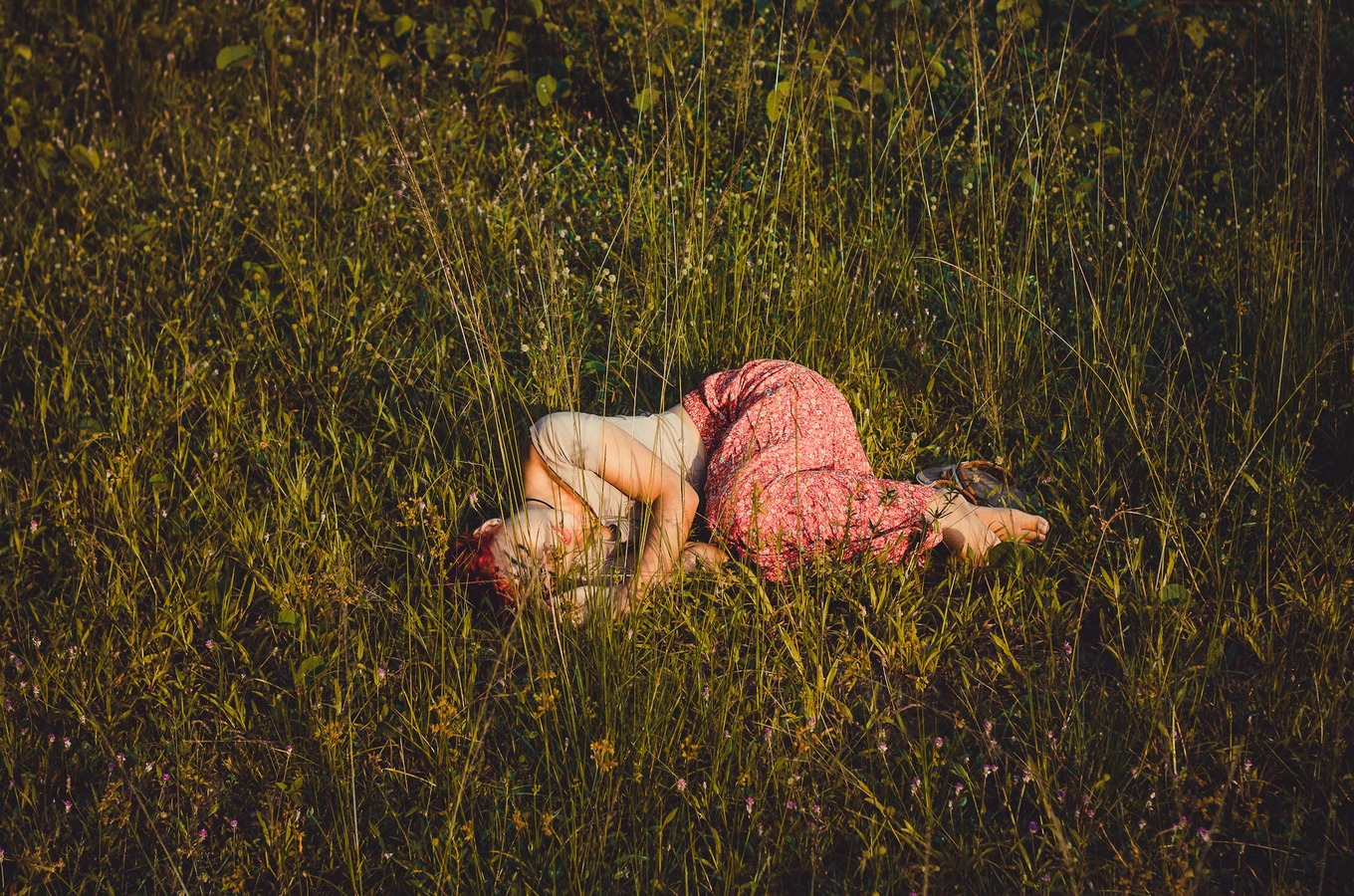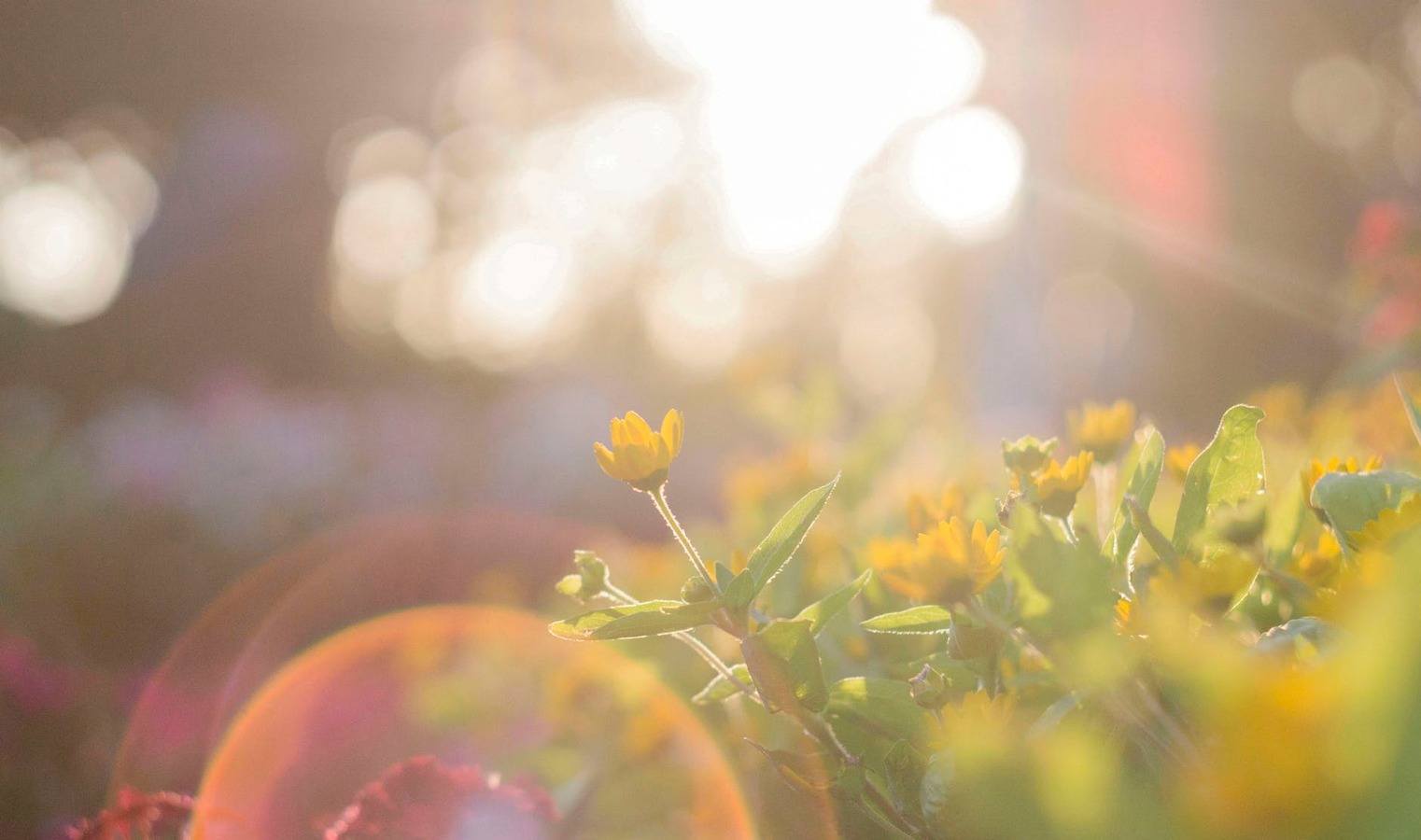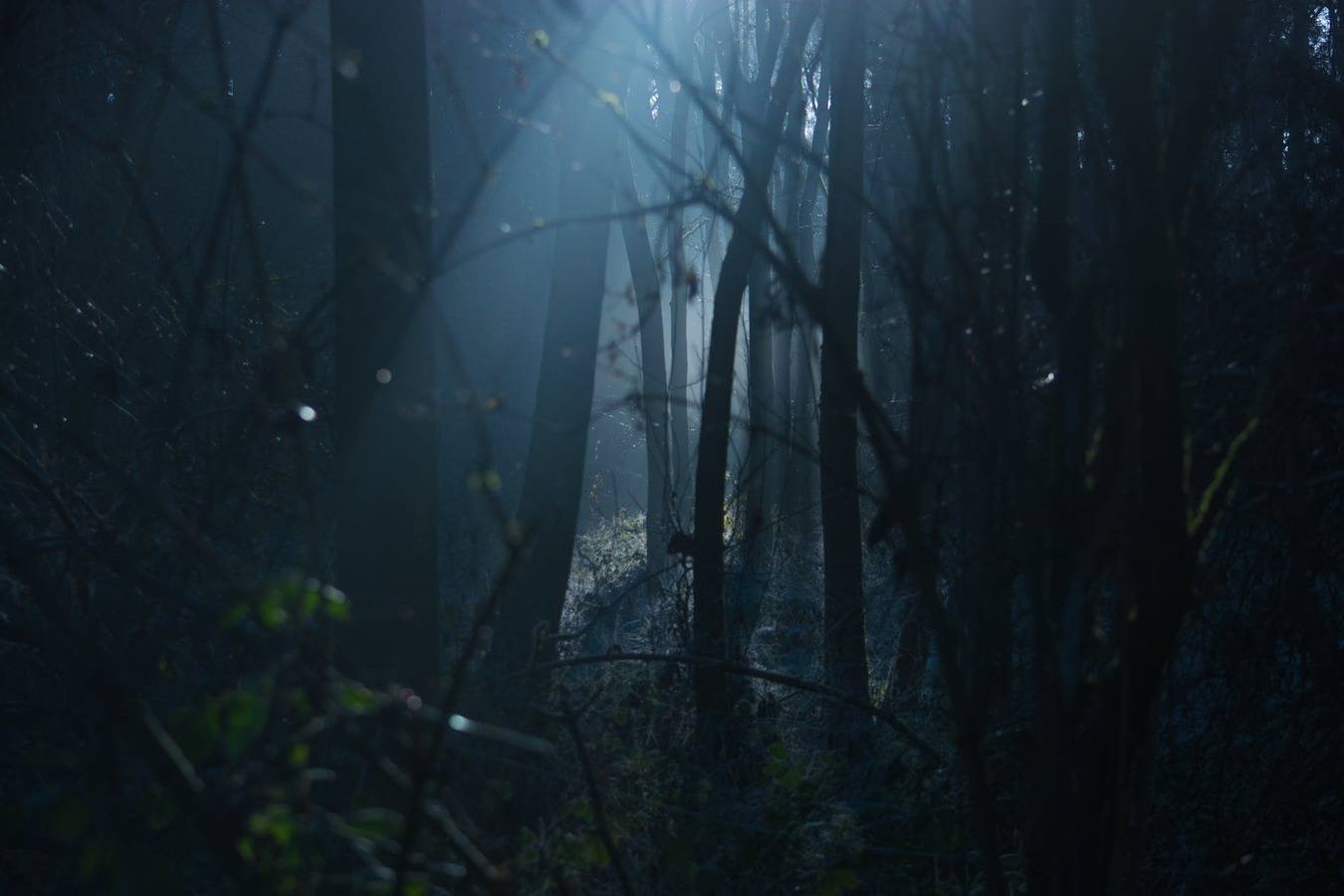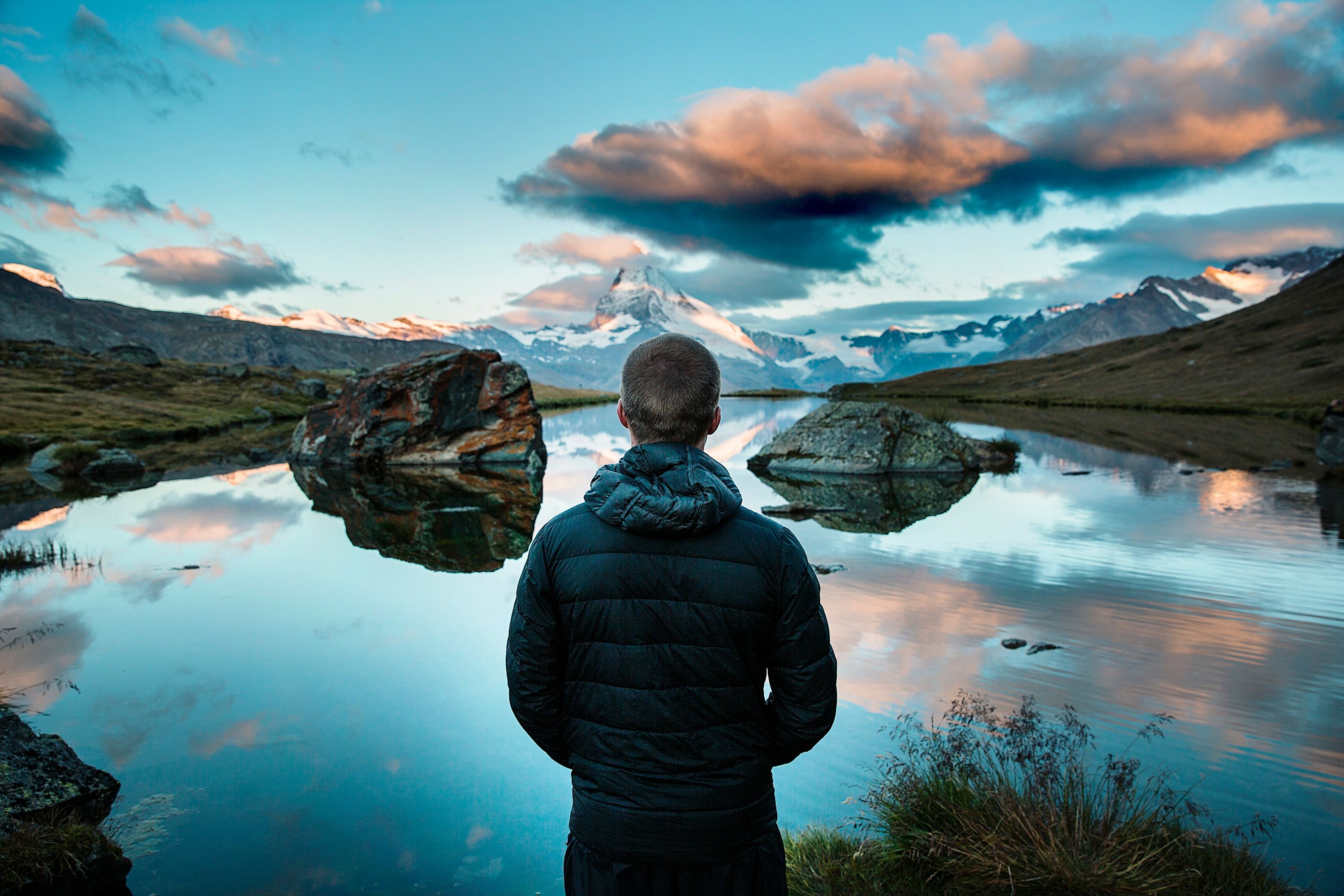CW: C-ptsd, alcoholism, parenting, conflict, trauma, menstruation
As someone who has actively avoided all of the “The silver lining of lockdown is…” type articles, I’m surprised to be sat here at the middle-end of May 2020 writing one. It was after my most recent emotional flashback experience and a few days of illness that I began to see how the lockdown months have gifted me a few insights that I’m not sure I would’ve gained had it not happened.
I was aware of some of my issues prior to the Covid-19 lockdown. My short temper and the fact that I was so very irritable so very often. The anger that would come on me in a flash, the days of a dulled mind and inertia where I would re-read old novels, mindlessly eat and dead scroll for hours. It was the lack of creativity and kindness that felt the cruellest – who was I, I despaired? This person who felt so lacking in empathy that they met every text with an eye-roll, this person who had written almost nothing for months… Where was the me I was sure I could recall from only a few years ago? Who wrote a novel? Who cared and gave of themselves? Who was playful, sexy, fun?
Having had it recommended by someone I respected and trusted, I read the Pete Walker book on Complex-ptsd twice. It made sense on many levels but it was only when I also read Recovery: a book for adult children of alcoholics plus some posts on C-ptsd by Meg John Barker that I began to truly understand what I had been experiencing and why.
There is a wealth of valuable material in those books and posts but, to help with understanding now, I will outline a few of the key concepts.
Complex-ptsd (c-ptsd)
There is much writing on c-ptsd (see below for recommended links and books) but the key points are that complex PTSD is common and that it’s caused by developmental trauma, either by one off events or actions that are ongoing throughout or within childhood/adolescence. The trauma has a huge impact on a person’s ability to process and handle certain emotions and experiences.
Informed by my reading of the work by Resmaa Menakem as well as Tada Hozumi it’s important to see that trauma is also embodied, inter-generational, historical as well as institutional and political. The social, cultural and political forces around us as we develop all play a part in c-ptsd and trauma. As a white girl from a northern English, working class background, raised in the 1980s, my social and cultural environment very much reinforced the ideas that I should sit still, be quiet, never speak back, never feel anger, have limited agency or autonomy, that I was (innately due to my gender) good at reading and bad at maths. That school and work didn’t matter that much as I would very likely get married and have children (and that that was where my focus should be). That drinking lots of alcohol was normal and fun.
C-ptsd can be experienced as:
Emotional flashbacks (when we feel the physical and emotional pain we did not fully experience at the time because it was not safe to do so or we were not developmentally able to do so)
Vicious self criticism
Anxiety / depression
Shame
Mood changes – big or frequent
An inability to take care of our emotional and physical selves
Hyper-vigilance to the moods of others / projecting
Sleep problems, body aches and pains / tension / stomach issues
Eating disorders or disordered eating
A trigger is an event that causes these feelings / experiences. A trigger can be a look from someone, a TV programme, a story, a life event, a dream… it can be anything but we tend to have some that are common to us.
For me, before I knew about and understood the concept of c-ptsd, I felt like one day I would be fine: high energy, productive, cheerful and then, the next day, I was irritable, angry and snappy. I seemed to swing between hyper-activity and quiet aggressive to being moody, tuned out, listless and prone to call in sick / spend hours dead-scrolling or rewatching/re-reading the same “comfort” books and shows. Frequently, especially in my 20s, I was hyper from drinking or low from a hangover. Or hyper from a hangover… It was very varied. I felt like I had no control over my moods, I wasn’t conscious of any connection between how I felt and how I behaved. I was always either having a good or just okay day or I was totally consumed by what a bad, lazy, ugly person I was. I would panic because these days seemed to alternate, one day after another, and I would worry that a “bad day” would fall when I had a presentation or important work meeting. How would I cope?
I was so frequently triggered that I couldn’t differentiate them from my day to day experience. This seemed to get worse when, aged 32, I had my children. I was tired then as well as anxious and was being thrown back, unknowingly, to a mirror of the time when so much of the harm had happened to me.
The four Fs
All of these are strategies for responding to a situation. They can be useful for certain situations as well as harmful if used too much / in too extreme a way. It’s important to know that even maladaptive strategies were developed to protect ourselves and that they likely served us well then as well as in the present. Awareness of the strategies at either end of the spectrum can support us all in developing a relationship with them that serves ourselves and others better.
Fight
Is the doing strategy – it sends activity outwards and is about action as well as protection.
It can be harmful when it is used to control, bully and demand from others as well as when it manifests as entitlement and aggression.
It can be useful when it is used to be assertive, to manage and hold boundaries as well as to support you in acting and taking a step towards what needs to be done even when it is challenging.
Flight
Is the avoiding strategy, the flee into activity to avoid feeling and/or doing.
It can be harmful when we do so much we get physically or emotionally burnt out, when it becomes obsessive and drives risky behaviour, when we micro-mane ourselves and others.
It can be helpful when it is industrious, when it allows us to persevere at challenging tasks. It can help us develop knowledge and skills over time and enables us to remove ourselves from harmful situations.
Freeze
Is the stillness we associate with a rabbit caught in headlights or crippling anxiety/uncertainty.
It can be harmful when we use it to tune out from his we feel, who we are and where we are for extended periods, when it leads to prolonged isolation or an inability to feel or know much about ourselves as we are too disassociated for our feelings or bodies.
It can be useful when it is used to create space around action and choices, when used for rest and reflection as well as playfulness.
Fawn
Is the people pleasing defence, the way we contort ourselves to fit the perceived or actual needs of others or a situation.
It can be harmful when it creates co-dependency in relationships, when the reactions and/or needs of others dominates all of our choices about how to behave, when we lose our self completely.
It can be useful when it is used to serve, listen to and support others, when it supports compassionate feeling and behaviour.
Whilst I understood some of the ways I was using these strategies unhelpfully, what helped me the most with my understanding was realising that I’ve been at different ends of the continuums and have used different strategies throughout my life.
I was a fawn-flight for most of my childhood and teens (working and reading to people please/keeping out of the way/doing as I was told). Then, I was a flight-freeze in my 20s and 30s when I worked very hard and then binge-drank and watched a lot of TV and skim-read lots of books.
When the children were born I was anxious and still in flight-freeze, either trying to do too much (NCT committees, newsletters, day trips, making every meal – including things like puff pastry and stock – from scratch) and over-whelming us all or flopped in front of CBeebies all day with me (all too often) hung-over and consumed with guilt.
In my mid-30s, I stopped drinking alcohol. My energy came back but so did a whole bunch of very difficult feelings that I had been tuning out, some for a very long time. From then, until recently, I was in fight-flight. Over two to three years, from 2015, I opened up and then ended my marriage, moved home twice, saw over 80 live music acts, edited and published a novel, changed my kids school, came out in the national news media as bi, kinky and polyamorous, lost almost all of my friends, made a bunch of new, awesome ones, became a community founder as well as a conscious relationships advocate and a TEDx speaker.
For most of 2018 and 2019, I can see now, bar the odd burst of activity, I was mostly in freeze mode. I think I went into shut-down from exhaustion after all of the energy I’d expended from all of that change and the frenzy of activity. Most of how I felt at time, though, was lazy, guilty and shameful. Like I was still that bad person. What was wrong with me? I was just being lazy. Clearly, I was too stupid and lacking in motivation. I was not good enough at anything and this was why I could do nothing. The fact that I also seemed to care so little about anyone or anything only reinforced the idea that I was a bad, bad person. I was stuck in that place for a long time.
What the lockdown period did was to put me relentlessly face to face with the behaviour that triggered me as well as my own behaviour and feelings whilst in an emotional flashback. What was different about being in lockdown was that, having been jolted out of my usual routine, I had the space, time and increasing awareness through reading and reflecting of what this experience WAS. I felt it consume me still and I behaved badly but, afterwards, I began to be to see what the trigger had been. I was also able to identify and name the self-loathing, the anger and the shame that made up the experience. I was able to make the connection, to draw the line, from the experience of being weight and body shamed as a child/teen, of being made to feel that I was faking illness, that I was lazy and worthless, not through direct words so much as by an atmosphere, created by looks, gestures and actions, of my absolutely not being good enough. Outwardly, I realised, I had always looked like my life was a “success” but inwardly I had almost always felt like I was an ugly, lazy, stupid person, expect in those rare moments of fight intensity and energy. I had carried the invisible, psychic wounds of a childhood scarred by alcoholism, anxiety and gas-lighting and limped into adulthood not sure what was wrong with me, or why (my childhood was fine, all those house moves made me independent! There was no hitting, no abuse… I did well at school etc…), but just feeling, literally every other day, that there was something very, very wrong with me in some fundamental way.
Right now, having had a bad episode of emotional flashback earlier this week and then taking two days to recover, I can see more clearly the different strands which make up the set of knots that have been wound around my heart and mind, restricting my ability to live, love, create and feel. I can see them and, in seeing them, I am able to begin to loosen them with the tools that I’m also developing in tandem with the awareness: kindness to the self, gentleness to the self, practical awareness and understanding as well as honesty, self-responsibility, talking therapy and writing.
I see now that the triggers for me tend to be: delays (I’m terrified of being late, and being ”wrong”/punished for that), resistance from my children about work/tasks (I was never allowed to say no! How dare they!), upset/complaining children (I feel sadness that they are upset as well as anger that they are complaining and anxiety that the upset is, somehow, my fault) my period being about to start/starting (complex issues around puberty, body shaming and my weight) as well as the absence of concrete plans to see my important people (I experience a fear that no one wants to see me or spend time with me).
Having become aware of the things that tend to trigger me I am able to deal with the subsequent reaction better. Not that it is easy, but I am learning to pause, to not act out my feelings as well as to seek help from my important people in terms of talking about how I feel and what I need to support me.
It is an ongoing journey and, for me, a slow one. The untangling of the knots is something that requires patience and time. I feel supported in taking that time and am grateful for that. I’m also supporting myself in taking the time because I can see that kindness, patience, talking and time are the gentle fingers that will undo the tight tangle of trauma.
In summary, through reading further about C-ptsd and trauma as well as through reflection, talking therapy and supportive relationships (thank you MJ, Lori, Linda, Sean and Andrea) as well as writing and all whilst in this two month lockdown:-
I learnt that feeling a lack of care and empathy towards others is not because I’m a bad person but usually due to being triggered, in an emotional flashback or overwhelmed.
I learnt that I’m trigged by delays, my period, resistance and anxiety as well as by bad dreams or memories.
I learnt that my lack of creativity is not laziness but usually because I’m feeling overwhelmed or too hyper-self-critical (your writing is not good enough, you sold so few copies of your book and you’ll never make money, so why bother). I learnt that I can create when I am more rested.
I learnt that I can pause, breathe and be with the flashback. That the thoughts and feelings in the emotional flashback are not the truth about me and who I am. That it is not permanent even though it can last a few days. I learnt that I can feel all the feelings and be okay (even when it feels like death itself…).
I learnt that I can stick to routines and care for myself with lighter eating, plenty of water and no alcohol and that the odd day of too much food, more rest or two glasses of wine does not mean I’m an alcoholic or a bad/lazy person.
I learnt that I can begin to use the strategies of fight, flight, freeze and fawn to serve my life better.
As I sit here, with likely many more weeks of limited social contact and lots of family time and home-schooling ahead of me, I wonder what I’ll learn next but I’m also grateful for the journey to date and know that it, and I, are enough.
Recommended Books
Recovery – a guide for adult children of alcoholics
Recommended Posts
Balancing fight, flight, freeze and fawn: A plural perspective 1
Balancing fight, flight, freeze and fawn: A plural perspective 2









